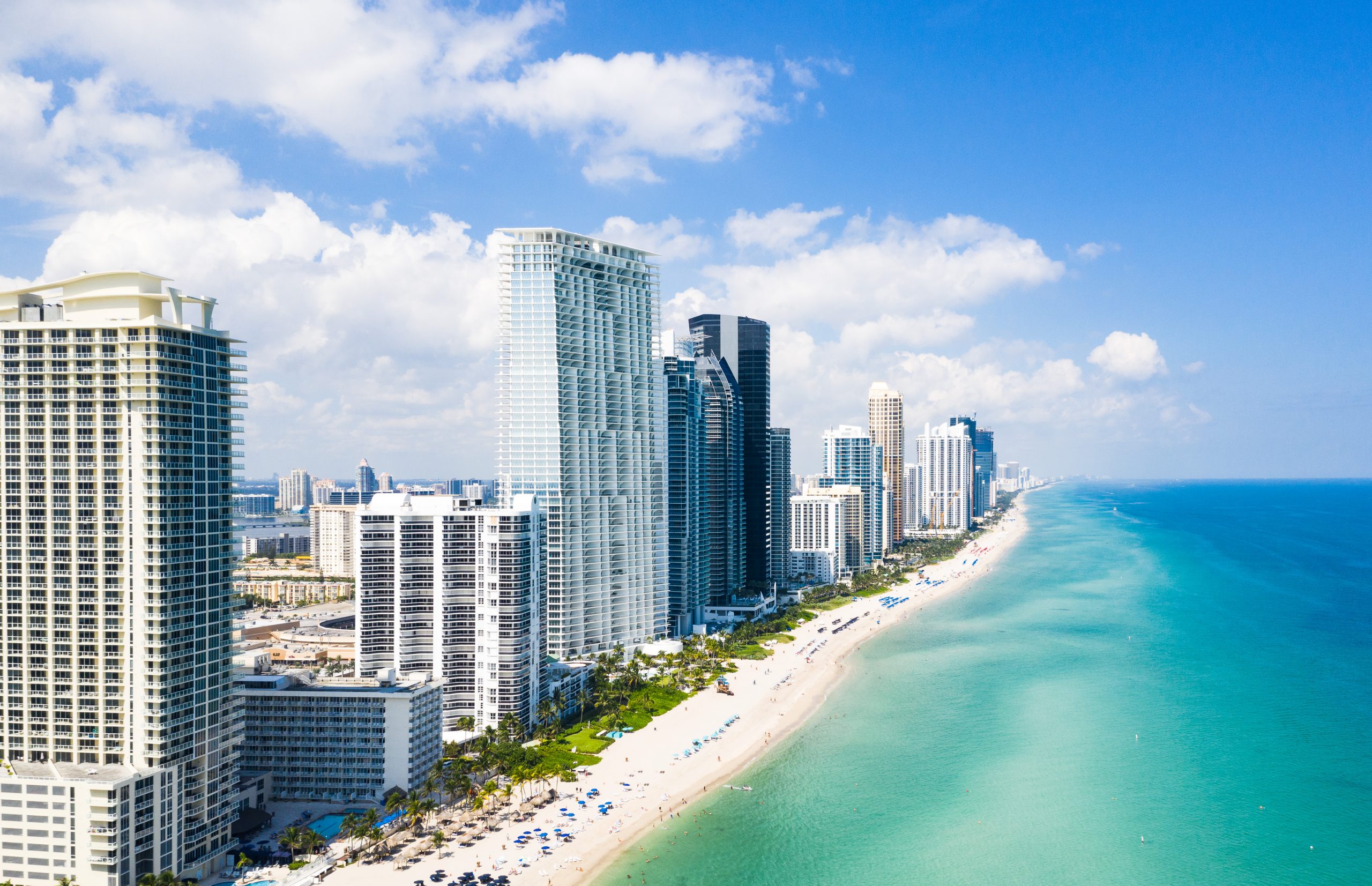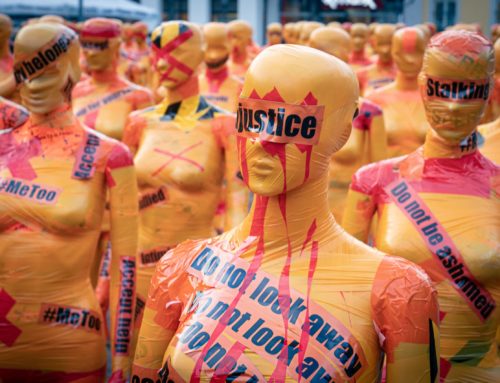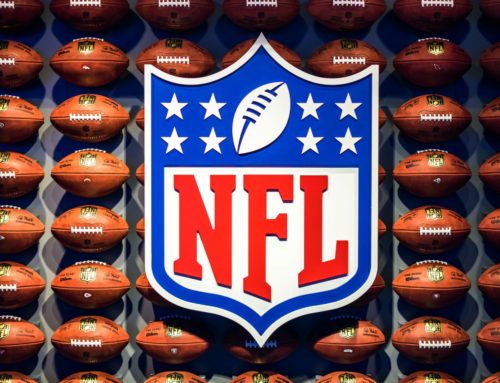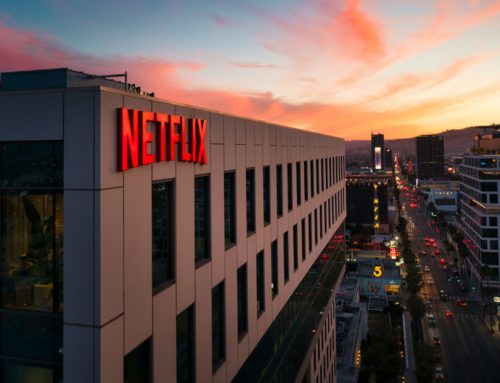South Florida has made a name for itself as a haven for the world’s wealthiest international individuals. Many of them are flocking not only from Latin America, but also from another global economic powerhouse: Russia. Russia was given an index of 28 out of 100 in Transparency International’s Corruption Index for 2019; ranking Russia as the 36th most corrupt country out of 180 countries. Russia also holds the 11th largest economy in the world, so it comes as no surprise that a lot of illegal money is coming out of Russia. Much of that illicit money flows through the Baltic states of Latvia, Lithuania, and Estonia before making its way to the U.S.
For example, Danske Bank’s branch in Estonia was under investigation for having funneled $230 Billion worth of potentially illegal non-resident money between the years of 2007 to 2015. According to reports by The Moscow Times, 23 percent of the bank’s incoming funds came from Russia. In a 60 Minutes interview Howard Wilkinson, the whistle blower and employee who initially brought accusations against Danske Bank, explains how he initially became suspicious of the bank’s operations. He describes having researched a large account of his and finding out that this particular account had the same postal address as 64 other accounts which banked with the Estonian branch. All of these accounts were linked to an innocuous office building in northern London. After Mr. Wilkinson blew the whistle, Danske Bank admitted that a significant number of the payments between 2007 and 2015 were suspicious. Once the money was exchanged from Russian Rubles to U.S. Dollars, it could then be transferred into large banks such as Deutsche, Bank of America, and JPMorgan Chase.
In this case, the S&P Global Market Intelligence reported that although the U .S. Department of Justice and the Securities and Exchange Commission are investigating Danske Bank, it is unclear how Danske will be fined. In order to violate the Bank Secrecy Act, a bank must be U.S. licensed, which Danske Bank is not. U.S. regulators could pursue an affirmative money laundering case but this would require access to evidence that shows intent and knowledge of the illicit transactions, which would be very difficult.
Meanwhile, Deutsche Bank was not so lucky. A few years later in 2017, the German bank was fined $630 million by U.S. and U.K. regulators. Fines were brought upon the German bank as a result of its involvement in a $10 billion money laundering operation with Russia from 2010 to 2014. Deutsche Bank allegedly executed a series of “mirror trades” in its Moscow branch to launder Russian Rubles into foreign currencies such as the U.S. Dollar. The German bank is also under investigation for providing correspondent banking services to Danske Bank through its U.S. subsidiary, according to The Guardian.
The exact tracing of all this laundered money of Russian origin has not been possible so far. It’s safe to assume that once the illicit Rubles are cleaned and transferred to Dollars or Euros, they are ready to be spent. Luxury real estate is a common way to launder funds. In 2017, Reuters launched an investigation into Russian investment in the luxury Trump-branded condos in Sunny Isles Beach and Hollywood, Florida. They found 63 individuals with Russian passports owned $98.4 million worth of properties between the seven Trump-branded buildings. This number may be even greater considering Reuters found that 703 out of 2,044 owners of the units were purchased through LLC’s, which can make it difficult to identify the purchaser. The dense population of Russian property owners in the Sunny Isles Beach area has earned it the nickname Moscow-By-the-Sea.
Although the influx of wealthy Russian expats coincides with the time frame of the large Russian money laundering scandals there is no clear connection between the two. Here at Padula Law, we continuously stay apprised of the latest regulatory action involving these large sums of money, as regulators may continue their investigations into where this money ended up. If you find yourself involved in a money laundering investigation, give us a call at (305) 455-5206.





